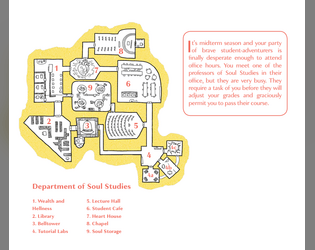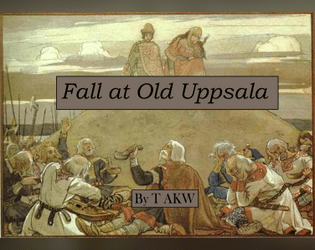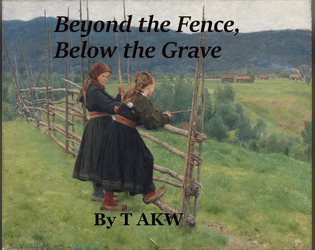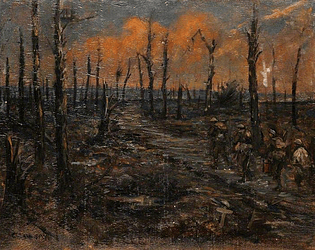Here's an essay about historical role playing games and history of "worldbuilding"
http://bardichesandbathhouses.blogspot.com/2019/01/mimetic-worldbuilding-historical.html
It's not exactly research, but I think it will provide a lot of ideas to chew on for people who are, like us, engaged with writing games which is some way represent traditions of behavior, story, and belief which exist/existed in reality






